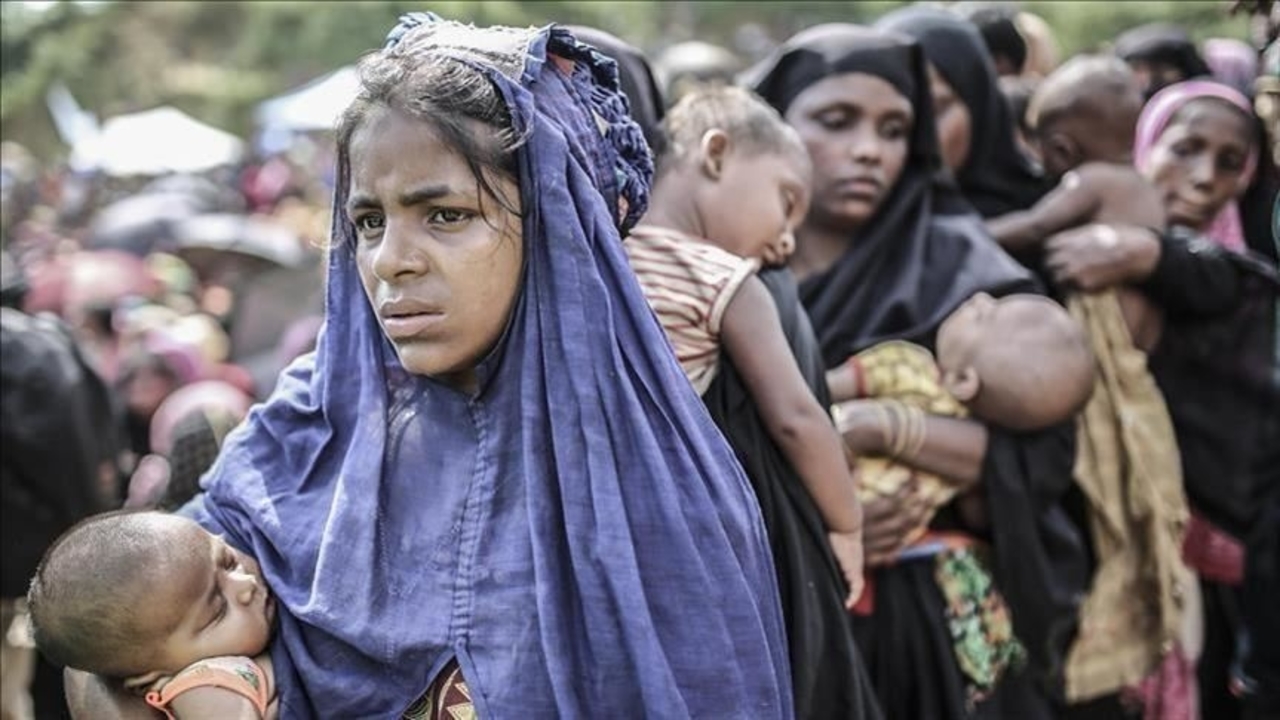The Independent International Fact-Finding Mission on Myanmar, an investigation team constituted by the United Nations Human Rights Council, published a report on August 22, claiming that the Myanmar Armed Forces or the Tatmadaw was not only involved in the widespread armed attacks against the Rohingyas in 2017 but also used “rape, gang rape, and other violent and forced sexual acts against women, girls, boys, men and transgender people”. According to the report, the Tatmadaw used these acts of violence in a systemic manner with the intent of genocide.
The report is mostly based on the mission’s interactions with members of different organizations, think tanks, and academics in various countries, apart from refugees in camps in different countries, including Bangladesh, Malaysia and Thailand.
The report claimed that the military was “deliberately inflicting on the Rohingya women and girls conditions of life calculated to bring about the destruction of the Rohingya in whole or in part, and imposing measures to prevent births within the group.” According to the report, the Tatmadaw was involved in more than 80% of the incidents of gang rape of Rohingya women in 2017.
The Myanmar government had refused permission to the mission and has denied the findings of the report.
The report was published at a time when the Myanmar government, under increasing global pressure, attempted to repatriate a small number of refugees from Bangladesh. It has given 1,000 families permission to come back to the country.
However, on Thursday, authorities in Bangladesh admitted that the move failed miserably as none of the families agreed to go back. The Bangladesh government and the UN high commissioner for refugees tried to persuade these families to go back to their homes in the Rakhine province in Myanmar for a few days.
The refugees have refused to go back until the government in Myanmar promises to provide them security, citizenship and the land they left behind when they were forced to leave in 2017.
However, the Myanmar government has so far refused to provide Rohingyas citizenship or even recognize them as one of the ethnic groups in the country.
There are more than 900,000 Rohingyas living in different refugee camps in Bangladesh after a state-sponsored violence forced them to leave the Rakhine province of Myanmar in 2017. More than 10,000 people were killed and their houses were burnt down in the violence. Apart from Bangladesh, a large number of Rohingyas also took shelter in different countries in the region, including Malaysia, Pakistan, the United Arab Emirates, Saudi Arabia, the United States and India.





